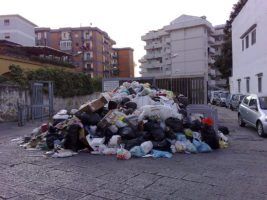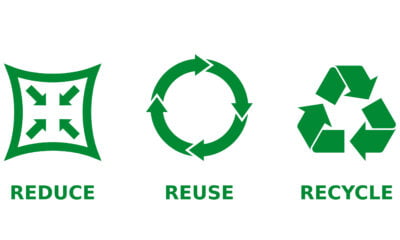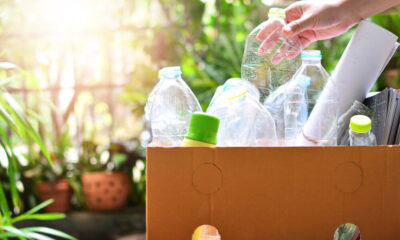

Environment
Reduce, Reuse and Recycle – how to move away from a ‘throwaway society’
Reducing our household waste and reversing our current ‘throwaway society’ has been a hot topic over the last few years. With each government enforcing new and improved rules, we appear to be making slow progress.
Households have seen an increase in the number of wheelie bins delivered to their doors by their local councils. Starting off with a small recycling bin to pop in the occasional bit of junk mail or plastic milk bottle. Homes up and down the UK now have a variety of bins for different materials, but unnecessary waste still remains a huge issue.
Supermarkets now embrace the misfits
It is only in the last 2-3 years that bigger corporations, such as supermarkets have made a move and decided to take action.
It was no secret that when buying in fruit and veg, all products went through a strict quality control. All pieces of fruit sold to supermarkets had to be a certain size and shape to make the cut, however this has resulted in a huge amount of waste. In the past, fruit and veg were being discarded simply because they were a slightly odd shape, or because they weren’t as big as supermarket buyers specified.
Supermarkets are now making more of a conscious effort to offer their consumers the option to buy these misshapen items. You may also notice more locally sourced products in the store aisles, featuring fruit and veg that have come directly from your local farmers.
Ignoring the food expiration dates can help reduce waste
All expiration dates stamped on food labels are there to give us a guide of just how fresh the products we are buying actually are.
Most expiration and ‘display by’ dates are there for the benefit of supermarkets, to ensure they are sticking to strict food safety guidelines. However many households take the expiration dates to heart and throw out a great deal of good quality food, when it could still be fresh enough to use.
For items such as fruit and veg, it’s important to use your own intuition to decide whether something is still good to eat. The life of fruit and veg also depends on how you choose to store it after you take it home, items kept refrigerated tend to last longer than those kept at room temperature.
Using the correct bins can greatly cut down unnecessary waste
A recent study by GOV.co.uk recently reported that on average, 8.5 million tonnes of waste is taken to landfill, and that is only in England. If more households took a second out of their day to separate the items they throw out, that number could be greatly reduced.
Items such as food wastage, whether that is food that has gone off or cuttings from fruit and vegetables, can be disposed of using proper food and garden waste bins, or home composting. Only a quarter of local councils will separate food waste from other waste, meaning it’s important to start at home when it comes to the correct disposal of food wastage.
It’s not only food wastage that is an issue. There is a great deal of paper and plastic waste that could be properly recycled. Recycling wheelie bins are provided by the majority of councils as a standard, and by using these bins you can help to half the amount of wastage that makes its way to your main wheelie bin.
Companies such as London’s Enviro Waste aim to drive home the importance of recycling, reusing and properly disposing of waste products. It’s not simply the amount of waste we are creating as a society, but the effect that waste has on our environment as a whole. By taking the time to properly dispose of our waste we are not only helping to vanquish the idea of a ‘throwaway society’, but also helping to make our carbon footprint that little bit smaller.


 Features11 months ago
Features11 months agoEco-Friendly Cryptocurrencies: Sustainable Investment Choices

 Energy11 months ago
Energy11 months agoThe Growing Role of Solar Panels in Ireland’s Energy Future

 Energy10 months ago
Energy10 months agoGrowth of Solar Power in Dublin: A Sustainable Revolution

 Energy10 months ago
Energy10 months agoRenewable Energy Adoption Can Combat Climate Change




























